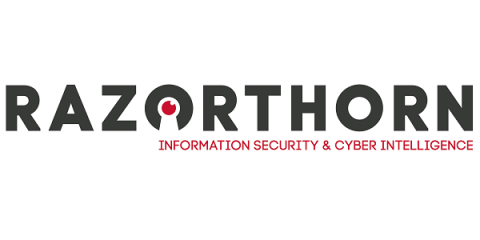5 reasons why security teams migrate to a new SOAR platform
The demands on security teams have never been greater and practitioners need tools that can keep pace with evolving threats. Yet, many are still tied to legacy SOAR platforms whose limitations - outdated integration methods, clunky usability, and lengthy deployment timelines - hold teams back from achieving their automation goals. Recognizing when it’s time to pivot is critical. For many teams, next-gen SOAR platforms can also fall short.










